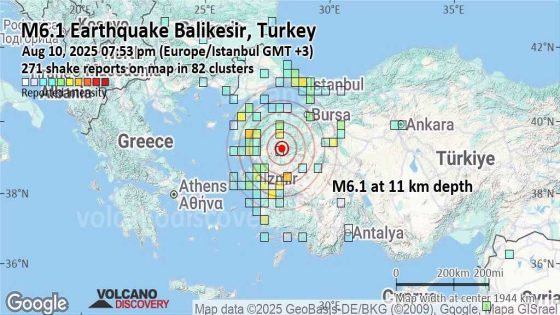Severe heatwaves are gripping parts of Europe, with Greece facing extreme temperatures exceeding 40 degrees Celsius (104 Fahrenheit). On July 7, 2025, tourists at the Acropolis of Athens sought refuge under umbrellas as authorities implemented mandatory work stoppages to protect public health.
- Tourists wait outside the Acropolis
- Date: July 7, 2025
- Greece imposes mandatory work stoppages
- Temperatures expected to exceed 40 degrees Celsius
- Source: Associated Press
- Photographer: Petros Giannakouris
This unprecedented heat has raised concerns about climate change and its impact on daily life across the continent. As temperatures soar, many are left wondering how communities can adapt to such extreme weather conditions.
As the global climate crisis intensifies, many are asking: how can societies better prepare for extreme weather? The situation in Greece serves as a stark reminder of the challenges ahead. Key points include:
- Increased frequency of heatwaves across Europe.
- Potential economic impacts on tourism and agriculture.
- Need for effective public health responses.
- Importance of climate adaptation strategies.
As we face these challenges, it is essential for governments and communities to collaborate on sustainable solutions that protect both people and the planet.
































